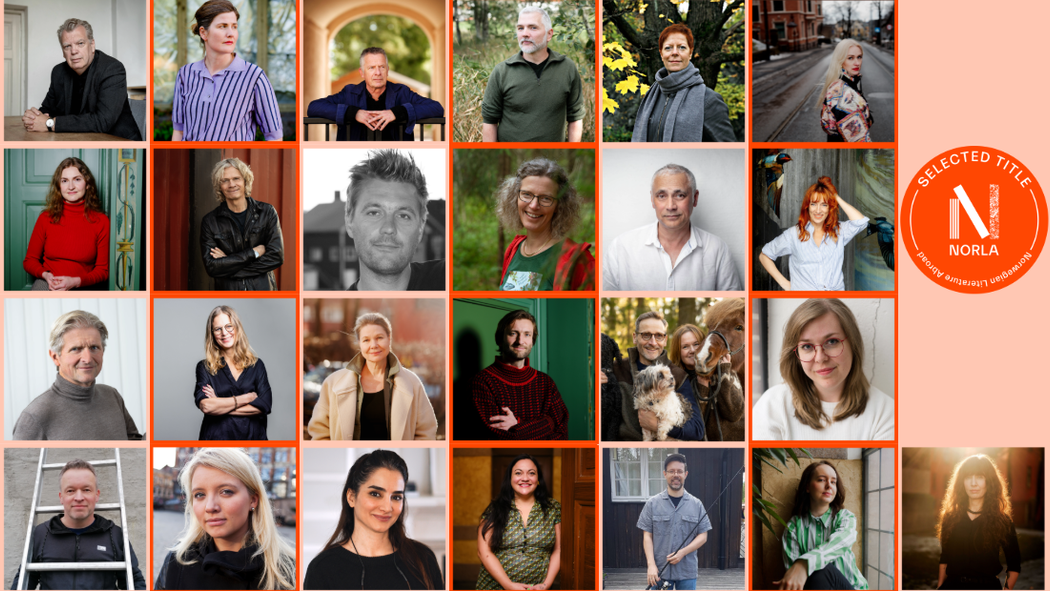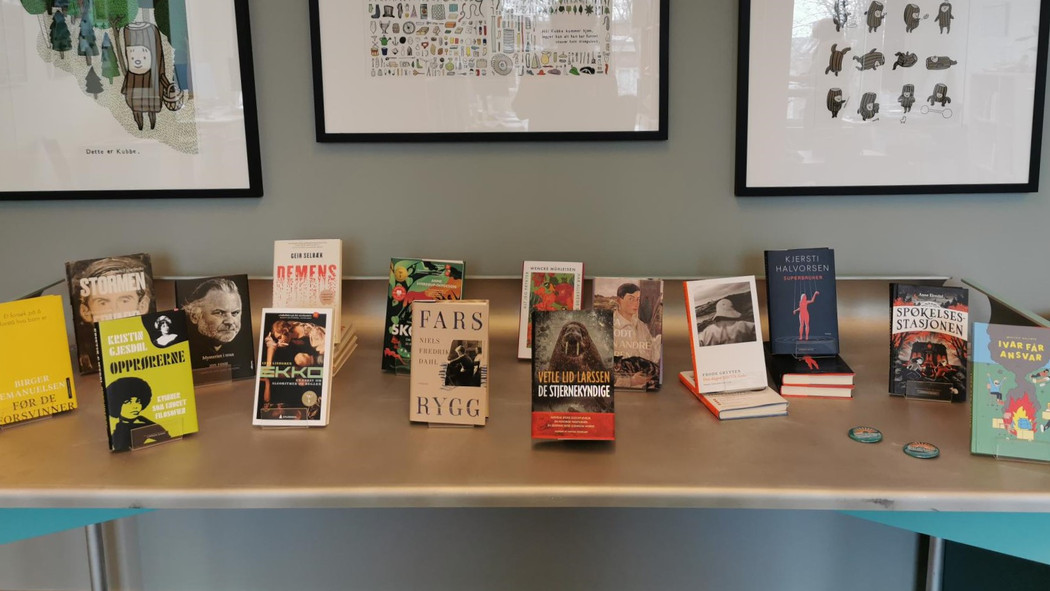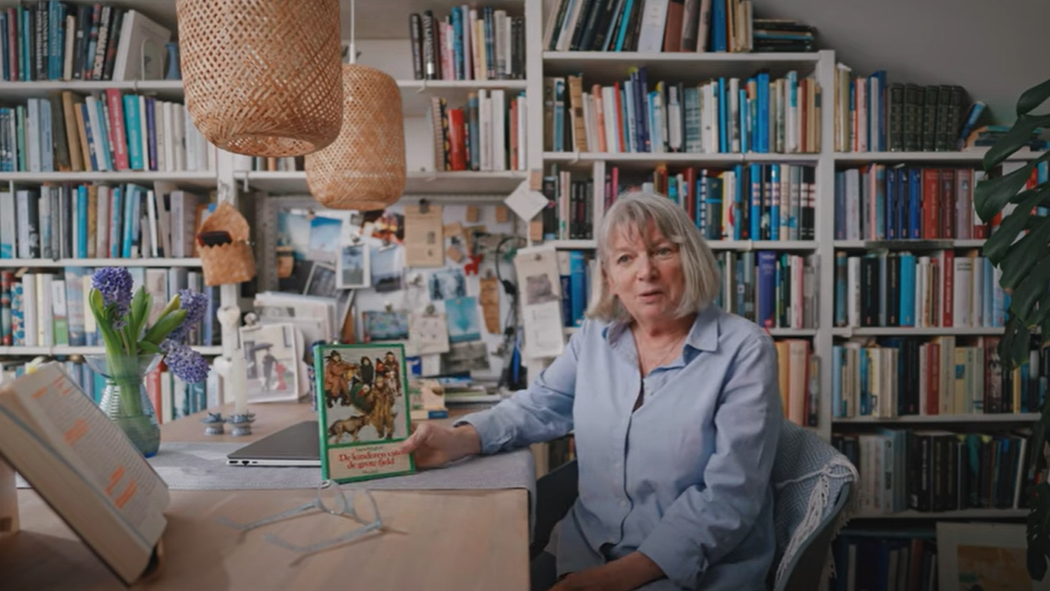Why I translate Fosse: May-Brit Akerholt
May-Brit Akerholt translates Jon Fosse to English, and is fascinated by his unique voice. Here she speaks about her first encounter with Jon Fosse’s texts, how the word “yes” can have very different associations in Norwegian and English, and why she enjoys so much translating last year’s Nobel Prize Winner in Literature.
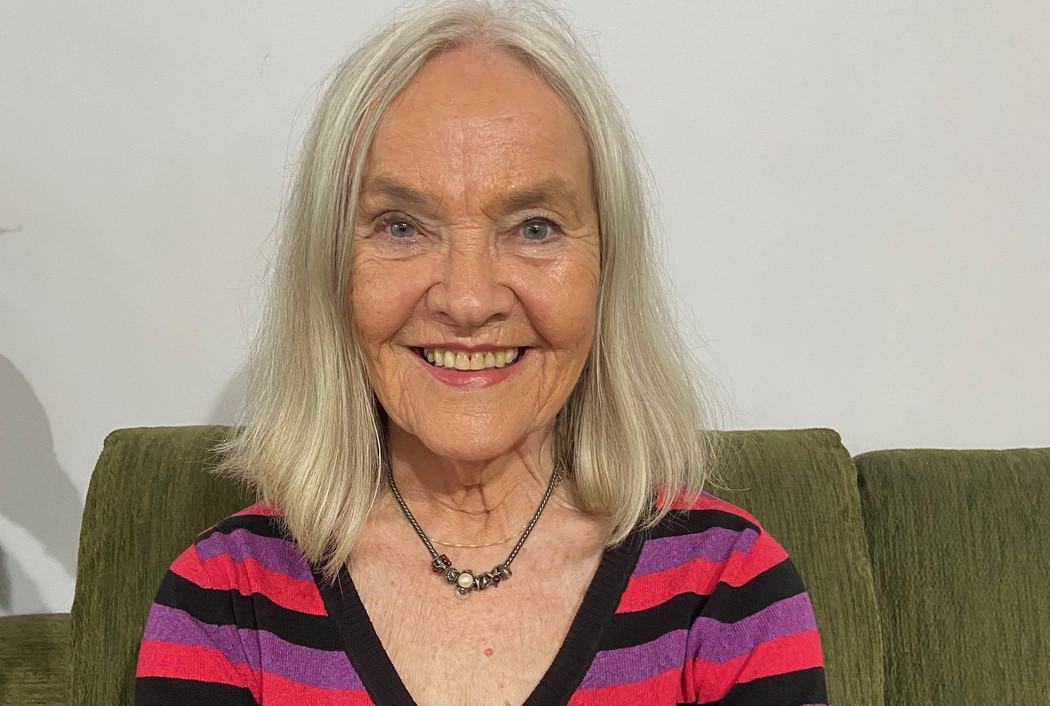
How did you become interested in the Norwegian language?
I was born in Norway, and I’m lucky enough to be bilingual and bicultural. I started my career translating Henrik Ibsen’s plays for the Australian theater. Other assignments followed. To name a few: Ruth Lillegraven’s beautiful poem Sickle (Sigd), novels by Lene Therese Teigen and Monica Aasprong, two Fosse poems for Benedicte Maurseths album Alde, the remarkable poetic works by Øyvind Rimbereid and, not least, Ivar Orvedal’s poetic work Mantra, which was self-published with his Norwegian text and my English translation side by side – a truly special illustrated book. I’ve been privileged to get an insight into Norwegian literature through the years, and the various ways poets and authors use the Norwegian language.
Where were you when you found out that Jon Fosse was awarded the Nobel Prize in Literature 2023?
I was by my desk. As I told the Australian The Guardian, who interviewed me about my work with Fosse’s literature: There were celebratory cheers and dancing. I think Jon Fosse deserves the Nobel Prize for two reasons. First and foremost, his work as a writer is unique – as the Nobel Committee stated: he gives voice to the unsayable. Secondly, he’s written within so many genres: theater, prose, poetry, essays and children’s books. Not many have done the same with such consistent quality. And there’s a PS: he’s a translator himself, recreating novels by the Australian author Gerald Murnane in his beautiful Norwegian Nynorsk language, among other books. I’ve read the first one, The Plains.
How was your first meeting with a text written by Jon Fosse?
The Swedish theater agency Colombine sent me a play and asked me if I wanted to translate it. I believe it was A Red Butterfly’s Wings. Having worked as a dramaturg and translator for many years, I was fascinated. This was something I’d never read before. Drama and poetry at the same time. Or, maybe more accurately: When I started translating the play, I thought “this isn’t poetry as such, this is drama”. Poetic drama?
The secret behind a good dramatic translation is finding a new language where the actors find the voices that make their characters come to life, as they do in Jon’s originals. Then you find what kind of drama it is – and that you don’t have to label it anything. Fosse’s drama has been regarded as monotonous by some, but not by good directors. I have a Russian-American director friend who fell for the plays, in my translations. He was the artistic leader of the East Coast Theatre Company, and his first Fosse production was the delicate play Mother and Child, which was well-received. Then he organized a reading of Death Variations with really great actors. They soon became concerned with the characters, and brought them, and the story, to life. The actors played with the sounds and the pauses, giving them meaning. The play was produced, and it was lauded by the critics. But although this was something new and exciting, Australian theater and its audience was – and still is – raised on English and American realism. This has changed slightly, but with the majority of Norwegian dramas that I’ve sent theaters – Fosse, Lygre, Brattberg – there’s a fear that they might be too “different” to sell enough tickets. Some directors have told me that they’re fascinated by Fosse’s plays, but what about the audience? This may be a tad categorical, but Australian theaters aren’t well-funded, and there is a risk aversion. But some of my Fosse translations have been produced by smaller theaters in different states.
Why do you translate Fosse?
I feel privileged getting the chance to translate an author of Fosse’s caliber. Every new work I translate comes with new challenges, even though I’m familiar with just about all of his works. But he never disappoints! I’m familiar with his background, his culture and with how he uses his Norwegian Nynorsk to create. To me, having translated so many of his works, his artistry is still unique. He creates something that’s original and familiar at the same time – every time.
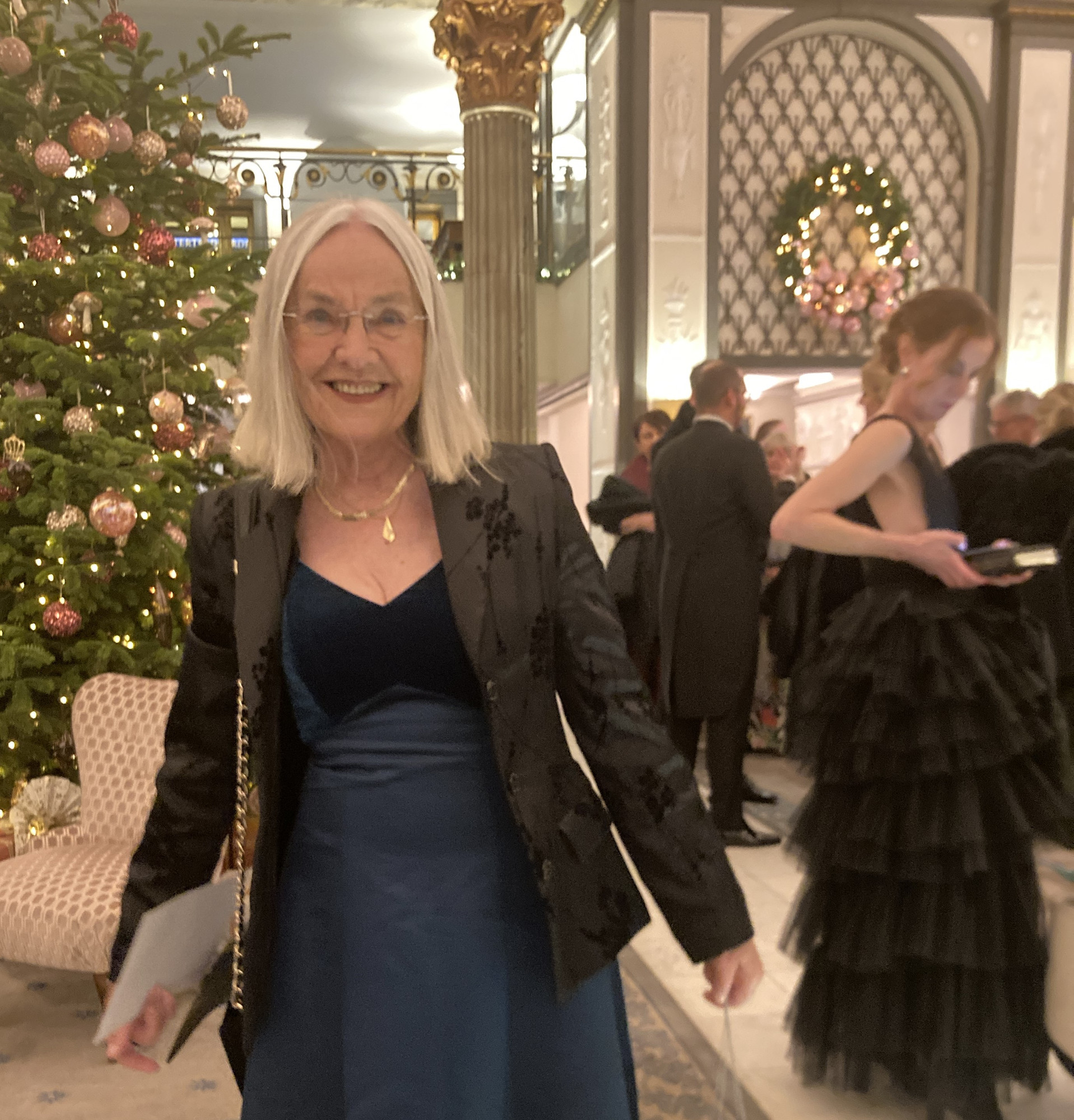
What’s the greatest challenge translating Fosse?
As I’ve already implied: Recreating his work in a new language, and reproducing the characters and stories in a way that ensures that Jon Fosse’s original voice is intact, only in a new language. As the Nobel Committee in its own way put it, he’s truly mastered the art of saying a lot with few words. His language may appear simple and repetitive, without “grand” or flashy words, but consider Beckett, Sartre, Bernhard. The meaning is created from how the words are being used, what lies beneath them, in the pauses, where a word becomes a sentence. A repetition may create a reverberation that lifts the meaning, or it may emphasize a monotonous character trait. A translator needs to figure out the intention behind Fosse’s choices.
And of course, speaking of drama – he uses the word “yes” a lot! In Norwegian, «ja» is a “light” word that can be emphasized, tossed off or maybe used in an inquisitive way, and an actor can do a lot with it, but it’s harder in English. “Yes” ends with a hard “s”-sound. Some have suggested using “yeah”, but that would be wrong in most instances, and you have to know when and why. Is it right to cut some “yes”-es because they don’t work the same way in a different language? As a translator, that’s a question you have to ask yourself every time.
Do you have a Fosse favorite?
No. Translating a new work, I’m gradually falling in love with it and thinking how interesting it is to try to recreate it to the best of my abilities. At that time, that’s my favorite. But what’s a favorite? When we produced Mother and Child – I say “we” because I’m usually the dramaturg in the productions – I became very invested in it. When I read the three Trilogy stories I was totally engrossed and knew I wanted to translate it. When I read Septology I was fascinated.
What’s your fondest memory as a translator?
There’s so many! Some of them are as combined dramaturg and translator – when I hear an actor use a word or a sentence I’ve been struggling with and making it work: YES! A fun one was when the Sydney Theatre Company produced Ibsen’s Hedda Gabler with the wonderful actress Judy Davis, who mentioned that in all the other translations she’d read, Løvborg had shot himself in the stomach. I explained to her that Ibsen’s word wasn’t “stomach”, but “groin”, with all its sexual connotations. She was worried that the audience would laugh, and I told her that the reaction we were looking for was a chuckle, which she then had to stop. Finally, she agreed to use “groin” in the first premiere of the play, and being the great actress she is, she got the exact right reaction from the audience. After that, she proudly announced that this production finally had found the right word!
A special Fosse memory that stands out is when we were producing Death Variations and had problems with a particular line. We discussed it back and forth – what exactly does the line mean? I ended up writing to Jon, and he sent back a great essay on dramaturgy and why you don’t need to paraphrase dramatic language. I was excited, because it was so close to what Patrick White, the Australian Nobel Prize Laureate in Literature, said when I was the dramaturg in the Sydney Theatre Company’s production of his play The Ham Funeral. White didn’t say much during rehearsals, but we struggled with a line, and then he picked up the script, read it and said “this is what it means”. So I learned about dramaturgy from both of these great authors. And now I can say that two Nobel Prize winners have told me how unnecessary it is to paraphrase drama.
What question should we have asked you?
That depends on the individual translator, doesn’ it? I’d love to discuss several more issues at length, but this isn’t an essay!
Read more
More about May-Brit on Books from Norway
See all the interviews in the series here
Read more about Jon Fosse here
